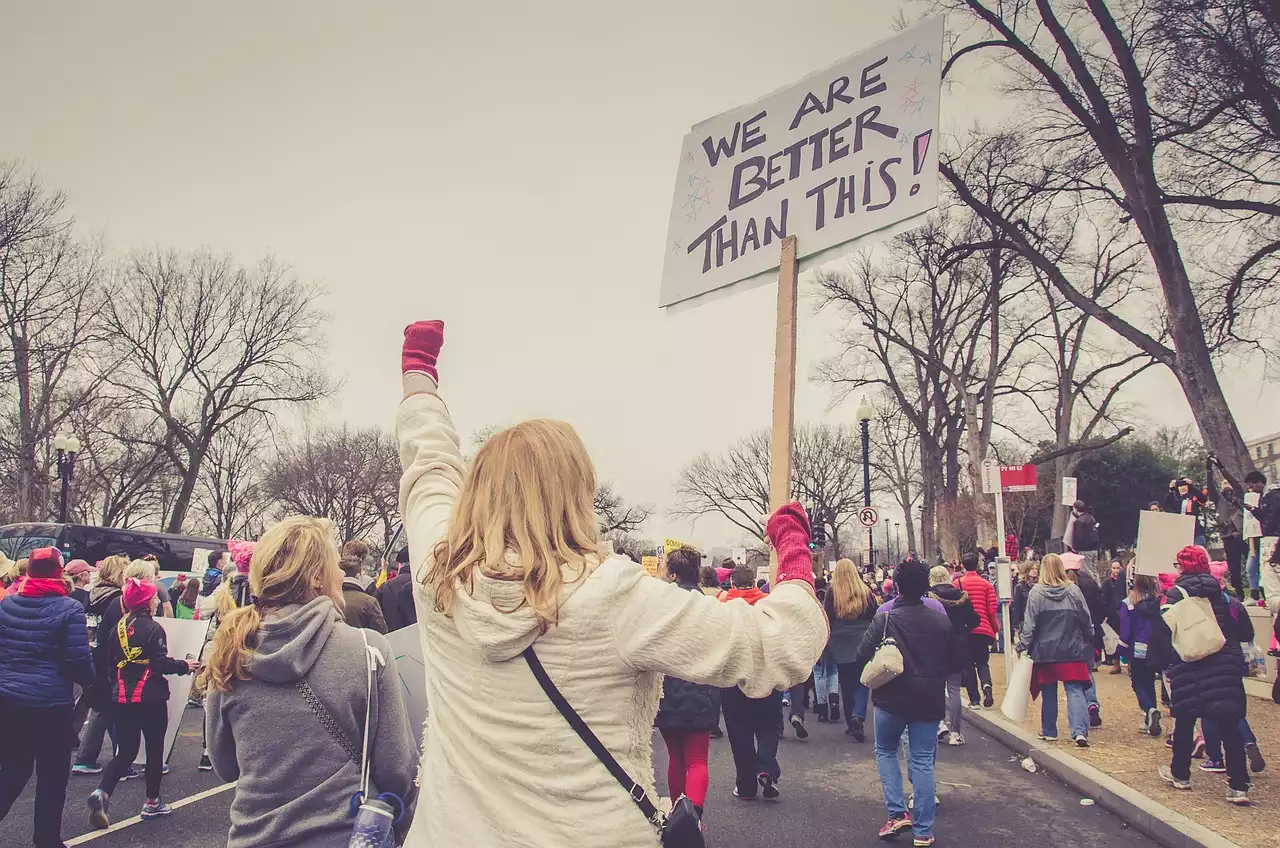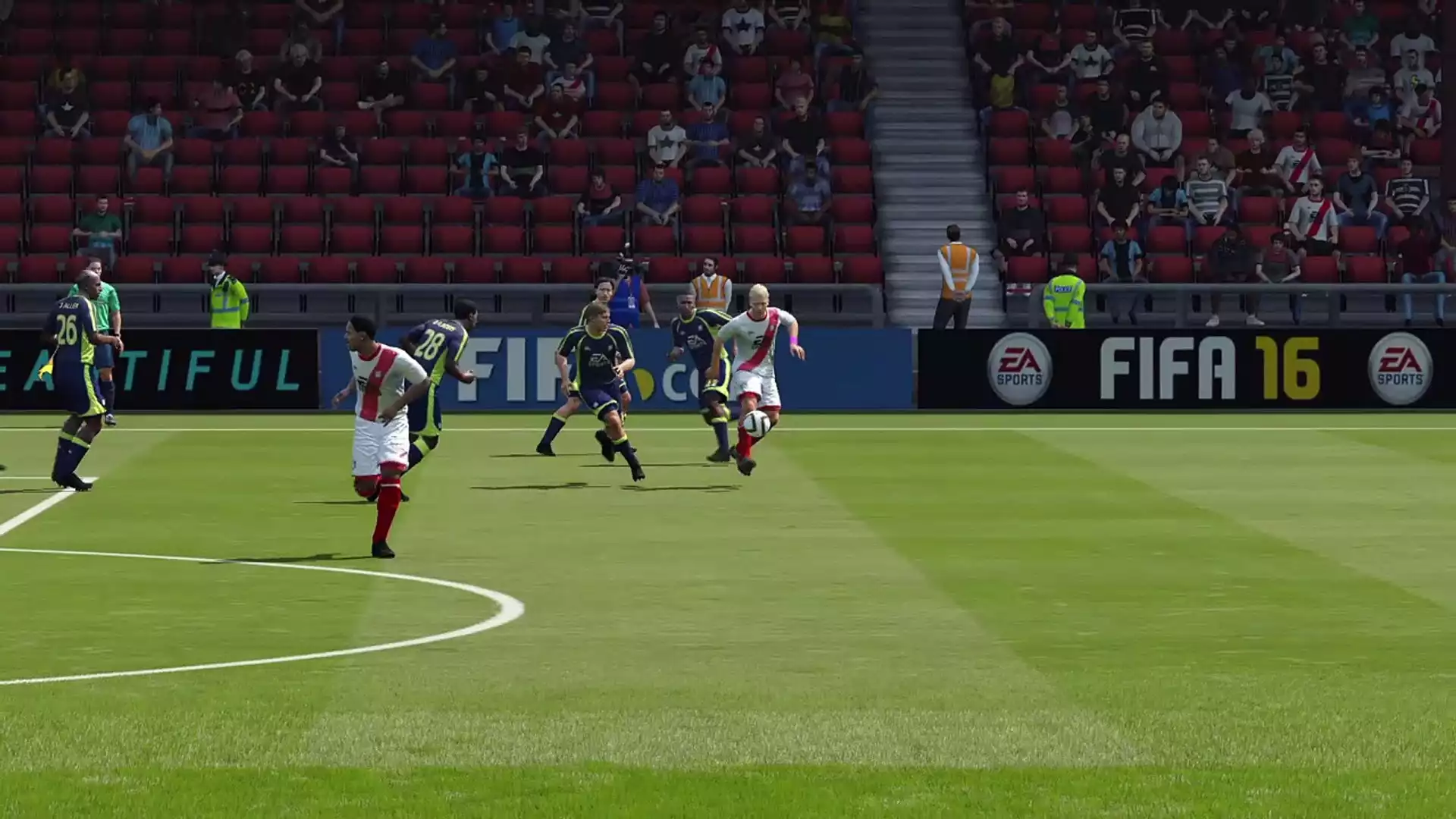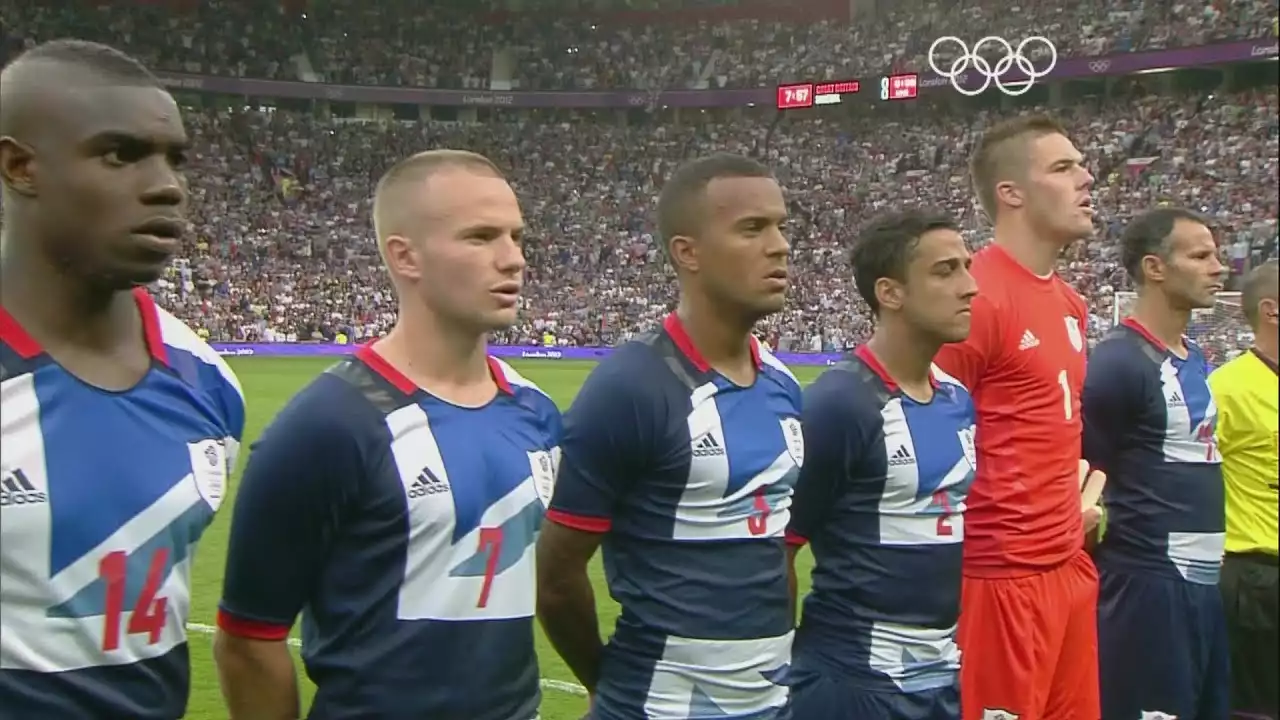History of political protests in Olympic football
Political protests in Olympic football have a long and storied history. Dating back to the 1968 Olympics in Mexico City, where two African-American athletes, Tommie Smith and John Carlos, raised their fists in a Black Power salute during the medal ceremony, athletes have utilized the Olympic stage to make political statements. These protests have continued to dot the history of Olympic football, with players using various gestures and actions to draw attention to their causes.
These protests are often rooted in issues of racial inequality, human rights violations, and political oppression. Athletes from countries around the world have taken a stand against injustice, using their participation in Olympic football as a means to amplify their voices.
Despite facing backlash and criticism, these protests have sparked important conversations and brought attention to pressing global issues. They have demonstrated the power of athletes to transcend sports and become catalysts for change.
Impact of political protests on Olympic football players
Political protests have a profound impact on Olympic football players. By taking a stand and using their platform to express their beliefs, athletes often face both praise and backlash. These protests can bring attention to the players' causes, elevate their profiles, and make them influential figures within their respective communities.
However, there are consequences that come with political protests. Athletes may face disciplinary actions from governing bodies, lose sponsorships, and even face threats to their careers. The decision to engage in political protests requires immense courage and resilience, as athletes risk more than just their reputations.
Yet, for many players, the impact of their protests goes beyond personal consequences. They believe that the issues they stand for are bigger than themselves and are willing to face the repercussions in order to bring about change. These protests can inspire others, spark important conversations, and serve as a catalyst for social progress.
Role of governing bodies in addressing political protests
Governing bodies play a crucial role in addressing political protests in Olympic football. They are tasked with maintaining the integrity and neutrality of sports while also respecting athletes' rights to express themselves. However, striking the right balance can be challenging, as political protests often touch on sensitive and controversial issues.
Many governing bodies have implemented rules and regulations to govern political protests, aiming to provide a framework that respects athletes' freedom of expression while maintaining the spirit of fair competition. These regulations often outline what is considered acceptable behavior and what crosses the line into political activism on the field.
The response of governing bodies to political protests has varied over the years. Some have taken a strict approach, imposing severe penalties on athletes who engage in any form of protest, while others have shown more leniency, recognizing the importance of athletes' voices in shaping society.
The controversy surrounding political protests in Olympic football raises questions about the role of governing bodies in balancing athletes' rights and the need for political activism within the realm of sports.
Controversies surrounding political protests in Olympic football
Political protests in Olympic football have not been without controversies. The act of bringing politics onto the field has sparked heated debates among fans, officials, and even fellow athletes. Critics argue that sports should remain apolitical, providing a space for unity and entertainment, rather than a platform for activism.
Opponents of political protests claim that athletes should focus solely on their sport and leave politics to politicians. They argue that mixing sports and politics can lead to division, distracting from the joy and spirit of competition.
On the other hand, proponents of political protests argue that athletes have a responsibility to use their platform to raise awareness about societal issues. They believe that sports can be a powerful force for change and that athletes should not shy away from their role as advocates for social justice.
These controversies highlight the complex nature of the intersection between politics and sports, raising important questions about the boundaries and responsibilities of athletes and the impact of their actions on the broader sports community.
Case studies of notable political protests in Olympic football
Examining notable political protests in Olympic football provides a deeper understanding of their impact and significance. From the raised fists of Tommie Smith and John Carlos to the taking of a knee by Colin Kaepernick, these protests have left an indelible mark on the world of sports.
Each protest tells a unique story, reflecting the social and political climate of its time. They have become powerful symbols of resistance, resilience, and the fight for justice.
By analyzing these case studies, we can gain insights into the motivations of athletes, the response of governing bodies, and the lasting impact of these protests.
The role of athletes as activists in Olympic football
Athletes have emerged as powerful activists in Olympic football. They have used their platform to shed light on pressing issues, spark conversations, and inspire change. The role of athletes as activists extends beyond the field, as they become influential figures in society.
These athletes often face criticism and backlash for their activism, but they remain undeterred, using their voice and influence to fight for what they believe in. Their actions inspire others, encouraging individuals to use their own platforms, however big or small, to make a difference.
The role of athletes as activists in Olympic football showcases the power of sport as a tool for social change and highlights the responsibility that comes with fame and influence.
Media coverage and public opinion on political protests in Olympic football
Media coverage and public opinion play a significant role in shaping the narrative around political protests in Olympic football. The way these protests are portrayed in the media can influence public opinion and perception of the athletes involved.
Media outlets have the power to amplify athletes' messages, bringing attention to their causes and creating a broader conversation. However, media coverage is not always unbiased, and the portrayal of political protests can be polarizing.
Public opinion on political protests varies. Some support athletes' right to express their beliefs, recognizing the importance of their voices in driving social change. Others view these protests as disruptive and believe that sports should remain separate from politics.
Understanding the media coverage and public opinion surrounding political protests in Olympic football is crucial in analyzing the broader impact of these demonstrations.
The future of political protests in Olympic football
The future of political protests in Olympic football remains uncertain. As the world continues to grapple with social and political issues, athletes will likely continue to utilize their platform to advocate for change. However, the response of governing bodies, fans, and the media will shape the landscape of political protests in the years to come.
The ongoing debates surrounding the boundaries of political activism in sports will likely influence the rules and regulations governing political protests in Olympic football. It is crucial for all stakeholders to engage in constructive dialogue and find a balance that respects athletes' rights while preserving the spirit of fair competition.
The importance of understanding the intersection of politics and sports in Olympic football
The intersection of politics and sports in Olympic football is a complex and multifaceted topic. By exploring the impact of political protests on athletes, governing bodies, and society, we can gain a deeper understanding of the power of sports as a vehicle for change.
Understanding the significance of political protests in Olympic football allows us to appreciate the courage and resilience of athletes who use their voice to fight for social justice. It also prompts us to reflect on the role of sports in society and the responsibility that comes with being a fan or participant.
Ultimately, the intersection of politics and sports in Olympic football is a reminder of the power of unity, activism, and the enduring legacy of those who dare to challenge the status quo.










